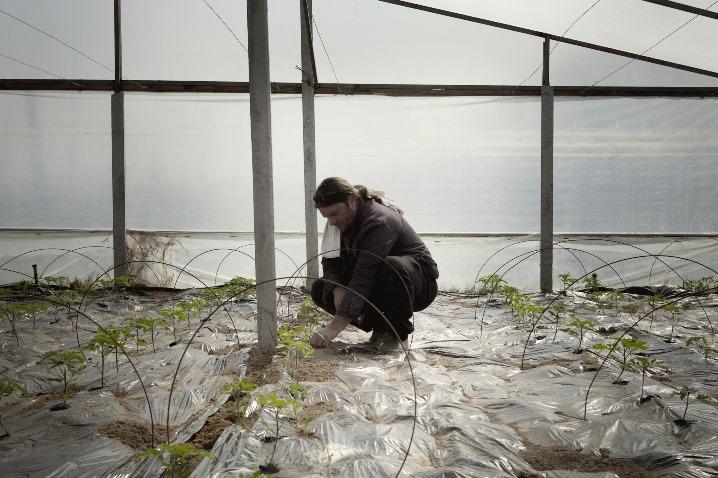Doug Gavel - HKS News
Large influxes of migrants into foreign labor forces can often harm the fortunes of native workers, particularly those in low-skilled positions. A 2015 study, for instance, documented the wage losses suffered by native-born Americans in Miami as a result of the Mariel boatlift in 1980, during which as many as 125,000 Cubans immigrated to south Florida. But a new research study focusing on an entirely different set of migrants during a more recent period suggests there may be benefits to local workers when previous migrants return to work at home.
This study, co-authored by Harvard Kennedy School Professor Ricardo Hausmann and Ljubica Nedelkoska at the Center for International Development, closely examines the impacts from the return of more than 100,000 Albanian migrants to their home country in the five years following the Greek economic crisis, which began in 2009. “The suddenness and the size of the migration created conditions for studying the impact of return migration on the home labor market in a natural experiment setting,” the authors report.
Using data obtained from both Albania and Greece’s Quarterly Labor Force Surveys, the researchers concluded that the return migration did not reduce the wages of local workers; in fact, it was more beneficial than expected for those workers who never left their home country.
"We find that most migrants return to the district of birth where they seem to mobilize their savings in entrepreneurship; the return migrants are significantly more likely than non-migrants to employ others, work as managers and be self-employed. About half of them are active in the agricultural sector, where our findings suggest that they pull non-migrants out of non-participation, unemployment and subsistence agriculture and towards commercial farming," the authors concluded. "The effects are large enough to partially offset the negative shock of lower inflow of remittances during the post-crisis period."

Shkodra, Albania. 2014. Agim Dini has opened a farm with the help of a financial aid project (Oxfam Italia onlus) for migrants who returned to Albania. Credit: Laura Aggio Caldon.
Hausmann and Nedelkoska admit that their findings were more optimistic than they had anticipated, raising a number of important questions.
"An important question is whether migration mainly helped returnees set up firms through enabling financial savings, or through the accumulation of knowhow. While we do not have the right data to answer this question, anecdotal evidence and the timing of developments suggests that, although both played a role, the latter must have played a larger one." They cite the example of a spike in vegetable exports that took place after 2009.
The study may also hold some important lessons for policymakers when thinking about the value of their Diasporas relative to their native economies and workforces.
"Programs designed for active collaborations with the diasporas that help governments learn about the level of development, engagement interests, professional interests and needs of the diaspora, and which actively learn from the diasporas, seem more sensible policies for diaspora engagement to start with," Hausmann and Nedelkoska conclude.